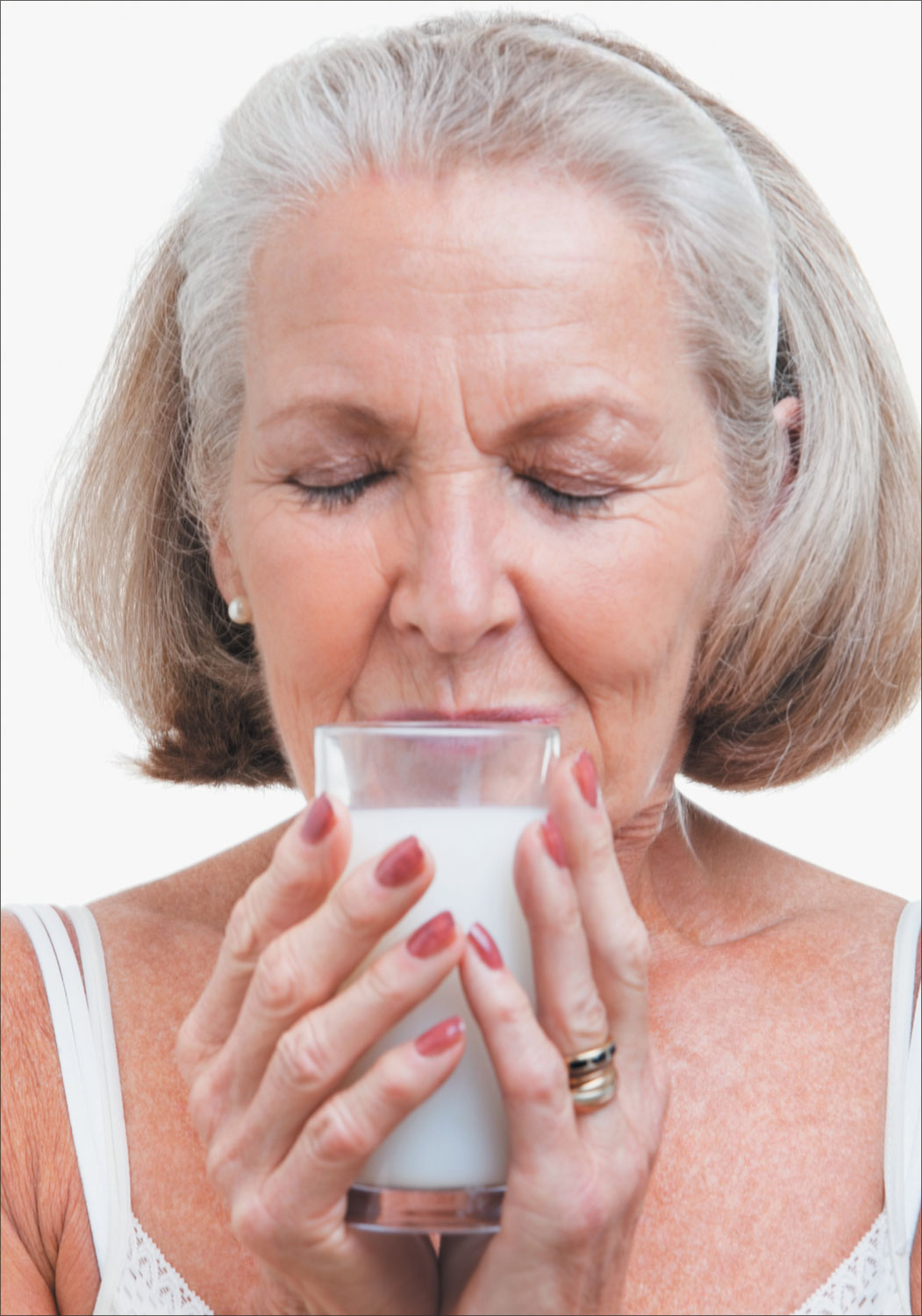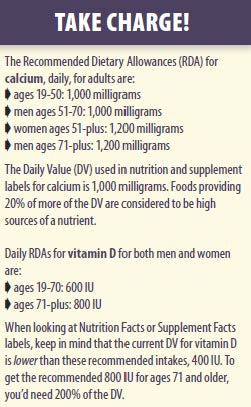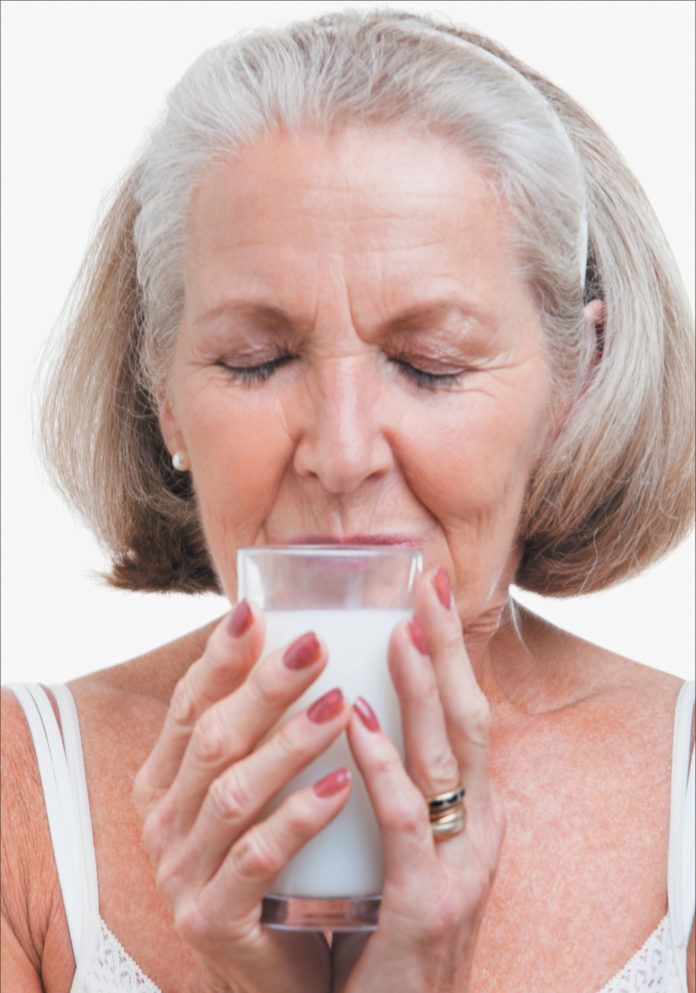If youre taking extra vitamin D or calcium to protect your bones, theres good news about these bone-building nutrients and your cholesterol levels. According to a new analysis of data from the Womens Health Initiative (WHI), supplements of vitamin D and calcium might modestly improve your cholesterol numbers. Previous studies of calcium and cholesterol had produced inconsistent results, while little was known about vitamin Ds effects.
Thinkstock

But the findings dont change the advice to emphasize dietary sources of calcium first. You should try to get most of your calcium through your diet, using supplements only as needed to fill the gap, says Bess Dawson-Hughes, MD, director of Tufts HNRCA Bone Metabolism Laboratory.
Getting enough vitamin D from dietary sources alone, however, can be a challenge. A glass of fortified milk provides only 100 International Units (IU), and most other food sources contain even less. Recent reports have concluded that supplements of 400 IU a day-the amount tested in the Womens Health Initiative-may not be effective in lowering fracture risk. But there is evidence that higher doses of vitamin D-700-1,000 IU per day-do lower fracture risk, Dr. Dawson-Hughes says.
LIPID LINKS: In the new study of supplemental vitamin D and calciums cholesterol effects, published in the journal Menopause, researchers looked at data on 576 participants over an average of six years. Participants were randomly assigned to either 1,000 milligrams of calcium plus 400 IU of vitamin D supplements or to a placebo. The original WHI trial focused on fracture risk and colorectal cancer in postmenopausal women, not cholesterol levels. But a subset of the study group had lipid and vitamin D blood levels tested at baseline and years one, three and six.
Supplementation was associated with an average 4.46 mg/dL decrease in unhealthy LDL cholesterol compared to the placebo group-modest, but statistically significant. Triglycerides also decreased in the supplement group, while healthy HDL cholesterol levels increased.
Blood levels of vitamin D, measured as a form called 25-hydroxyvitamin D3 (25OHD3), were most closely related to cholesterol scores. Every 38% increase in vitamin D levels in response to supplementation was associated with a decline of 1.28 mg/dL in LDL cholesterol.

These results support the hypothesis that higher concentrations of 25OHD3, in response to calcium-vitamin D supplementation, are associated with improved LDL cholesterol, Peter F. Schnatz, DO, of Reading Hospital in Pennsylvania, and co-authors concluded. Although further studies are need to determine whether these findings translate into clinically meaningful results, this should be viewed as a reminder that women at higher risk for 25OHD3 deficiency should consider supplementation with calcium and vitamin D.
FOCUSING ON D: That link between vitamin D-not extra calcium-and improved lipid levels may be important. Several previous studies raised concerns about a slightly higher risk of heart attacks among women taking calcium supplements; these latest findings measured only cholesterol, not actual heart attacks, heart disease or cardiovascular deaths.
Tufts Dr. Dawson-Hughes advises meeting but not significantly exceeding the RDA for calcium (see box). There is no known benefit to exceeding it and there may be increased risk of adverse events, however small, she explains. A study published in 2011 concluded that increases in calcium intake beyond a moderate amount had little benefit in preventing osteoporosis or fractures.
When it comes to vitamin D, however, some experts believe the RDAs are too low; in any case, there are no known negatives from adding a supplement to normal dietary intakes. The Tolerable Upper Intake Level for vitamin D, beyond which there might be safety concerns, is 4,000 IU.
With the arrival of summer, you can also boost your vitamin D levels with just a few minutes of sun exposure. According to the National Library of Medicine, Just six days of casual sunlight exposure without sunscreen can make up for 49 days of no sunlight exposure. Body fat acts like a kind of storage battery for vitamin D. During periods of sunlight, vitamin D is stored in fatty tissue and then released when sunlight is gone. And since the body manages the vitamin D it makes itself, you dont need to worry about combining sun and supplements.
























